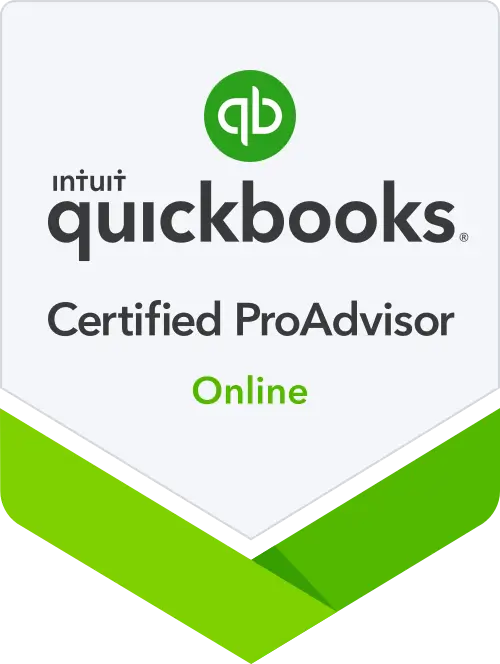As a small business owner, you’re probably used to wearing many hats. But bookkeeping shouldn’t be one of them! Getting ahead of the game by taking care of some essential bookkeeping activities can save you time and hassle. Here are four recommendations to get started.
According to Wikipedia, the definition of bookkeeping is the recording of financial transactions and part of the accounting process in business. Transactions include purchases, sales, receipts, and payments by a person or an organization/corporation.
There are several standard bookkeeping methods, including the single-entry and double-entry bookkeeping systems. While these may be viewed as “real” bookkeeping, any process that involves recording financial transactions can be considered a form of bookkeeping.
To better grasp this, we need to look at the bookkeeping cycle. What is this, you may ask:
The bookkeeping cycle refers to gathering documentation, recording, classifying, and summarizing financial transactions to prepare financial statements. The process starts when the paperwork is received or issued, such as an invoice, and ends when the financial statements are prepared.
This provides a snapshot of the company’s financial position at a specific time.
There are four steps in the bookkeeping cycle: Recording, Balancing the books/ Reconciliation, and Preparation of the Financial Statements.
Recording
The first step in the bookkeeping cycle is recording the transactions, which includes gathering, sorting, and filing all work papers needed to trace the transaction from its source document to the journal recording.
This process is vital to businesses because it allows them to have an accurate and up-to-date record of their financial activity.
To ensure that all transactions are correctly recorded, businesses should keep track of them using a transaction ledger. This is how it was done in the old days. With software like Quickbooks, all transactions are usually tracked and recorded electronically.
At this point, you might wonder if there is a faster way to sort, store and code the transactions. The answer is yes, by using software like Hubdoc.
Hubdoc is a cloud-based document management system that automates the data entry process for small businesses. Hubdoc fetches and stores copies of essential financial documents (bills, invoices, bank statements, etc.) in the cloud to organize and access them in one central location.
This eliminates the need to manually download, scan, and save receipts and other documents related to business transactions.
Balance Your Books Regularly
What does balancing your books mean?
In accounting, balancing your books refers to ensuring that your financial records are accurate and up-to-date. This usually involves reconciling your bank statements with your documents to ensure that all transactions have been accounted for.
Balancing your books can help prevent errors and fraud and keep you on track financially.

Prepare Financial Statements For Decision-Making Purposes
Financial statement analysis aims to use financial information to make business decisions. Financial statements can be used to identify trends, compare companies, and predict future performance.
At Darwin Business Solutions, we discuss financial statements with clients monthly, the balance sheet, the income statement, the cash flow statement. Each type of financial statement provides different information that can be useful for decision-making purposes.
The balance sheet shows a company’s assets and liabilities at a specific point in time. This information can be used to assess a company’s financial health and solvency.
The income statement shows a company’s revenues and expenses over a period of time. This information can be used to assess a company’s profitability and performance.
The cash flow statement shows a company’s cash inflows and outflows over a period of time. This information can be used to assess a company’s liquidity and financial flexibility.
Conclution
Bookkeeping is an essential part of any business. By understanding the 3 steps in the bookkeeping cycle, you can be better prepared to keep your books in order and ensure your financial statements are accurate.
Please like and share this post if you find it helpful. We would also love to hear from you in the comments about your own experiences with bookkeeping.




